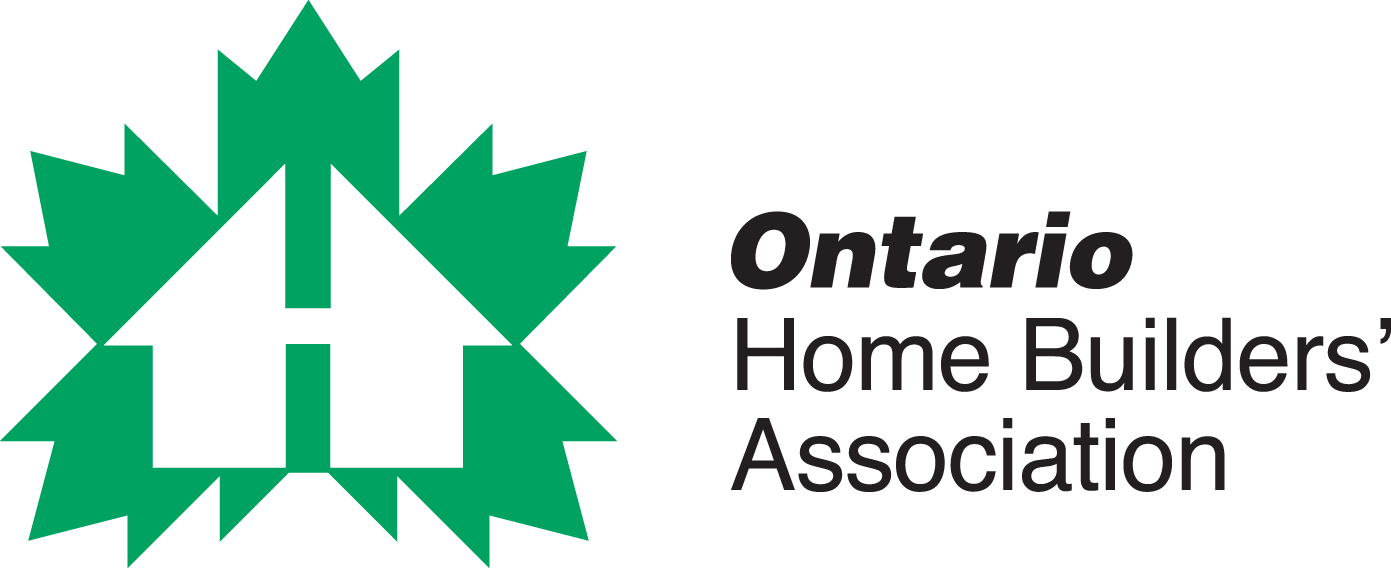By Andres Ibarguen
On February 27, Ontario Premier Doug Ford was re-elected to his party’s third straight majority government. This is a historic accomplishment for Premier Ford. The last Ontario Premier to win three consecutive majority governments was Leslie Frost in 1955.
The Ford-led Progressive Conservatives (PCs) secured 80 seats, up from 79 before dissolution. The New Democrat Party, led by Marit Stiles, claimed 27 seats, a loss of one, and the Bonnie Crombie-led Liberal Party won 14 seats, up from nine before the election. The Liberal Party regained official party status in the Legislature by winning more than 12 seats, which gives them seats on committees, questions during question periods, and funding for staff and research. However, the Liberal Party leader failed to win a seat, which leaves her future as party leader uncertain. The Green Party, led by Mike Schreiner, held the two seats they had before the election. Bobbi-Ann Brady, the independent Member of Provincial Parliament (MPP) for Haldimand-Norfolk, won a resounding victory, making her the only person in Ontario’s history to be elected and re-elected as an independent.
The PCs campaigned on a platform of protecting the province’s economy from U.S. tariffs and standing up to U.S. President Donald Trump. In an unprecedented move, the Premier twice went to Washington, D.C., to advocate for Ontario during the campaign. It was clear that voters were almost exclusively focused on Canada’s relationship with the U.S., as the opposition parties found it hard to change the channel to issues favourable to them. As a result, the PCs were able to win a majority government without much contest.
On March 19, 2025, Premier Ford announced the members of his cabinet. Prior to the swearing-in, the Premier called this a cabinet to protect Ontario while building a stronger, more competitive and resilient economy. The cabinet remained largely the same as before the election, with some position changes.
Notably, Minister Rob Flack (MPP for Elgin-Middlesex-London) became the Minister of Municipal Affairs and Housing, while Minister Paul Calandra (MPP for Markham-Stouffville) moved to the Ministry of Education. Minister Flack formerly held the positions of Minister of Agriculture, Food and Agribusiness, and Associate Minister of Housing. Before entering politics in 2022, Minister Flack was president and CEO of Masterfeeds, a leading Canadian animal nutrition business.
Graydon Smith (MPP for Parry Sound-Muskoka) became the Associate Minister of Municipal Affairs and Housing. Prior to his election to the Legislative Assembly of Ontario in 2022, he was chair of the Association of Municipalities of Ontario and mayor of Bracebridge. Before the 2025 election, he served as Minister of Natural Resources.
Other changes to the Executive Council relevant to the residential construction industry include Minister Stephen Lecce (MPP for King-Vaughan), who continues as Minister of Energy while also picking up responsibility for Mines; Minister Todd McCarthy (MPP for Durham), who became Minister of Environment, Conservation and Parks; Minister David Piccini (MPP for Peterborough), who continues as Minister of Labour, Immigration, Training and Skills Development; Minister Stephen Crawford (MPP for Oakville), who became Minister of Public and Business Service Delivery and Procurement, where he is responsible for promoting a fair, safe and informed marketplace for consumers and businesses; and Minister Graham McGregor (MPP for Brampton North), who will oversee heritage and archeological issues as Minister of Citizenship and Culture.
This is a strong lineup of ministers who already understand our sector and the urgent need to build housing.
On the housing policy front, the PC platform included promises to work with municipalities to build housing-supportive infrastructure, change how development charges (DCs) are calculated to be consistent across the province, and ensure that revenue municipalities receive from DCs is used promptly and transparently.
We are encouraged by these promises and look forward to working with the new government to build on these commitments so that Ontario’s home builders can do what they do best—build more homes.
OHBA will continue to advocate for positive changes that will help our members. Our advocacy goals will continue to focus on reducing government fees and taxes on new homes, labour and workforce development, and reducing red tape in the approvals process by eliminating unnecessary studies and making the approvals process consistent across the province.
The need to build housing remains a top priority for many Ontarians, and OHBA will take every opportunity to push for fundamental policy changes that will benefit our members.
Become a member of the Ontario Home Builders’ Association.

